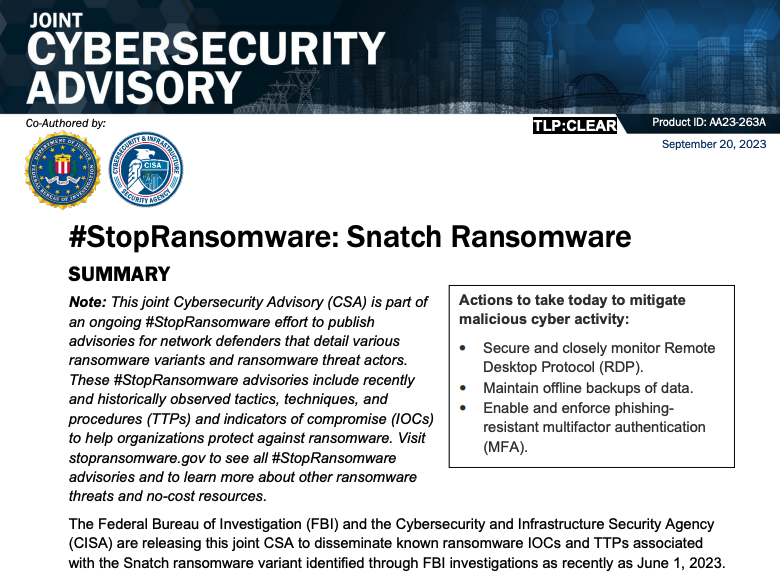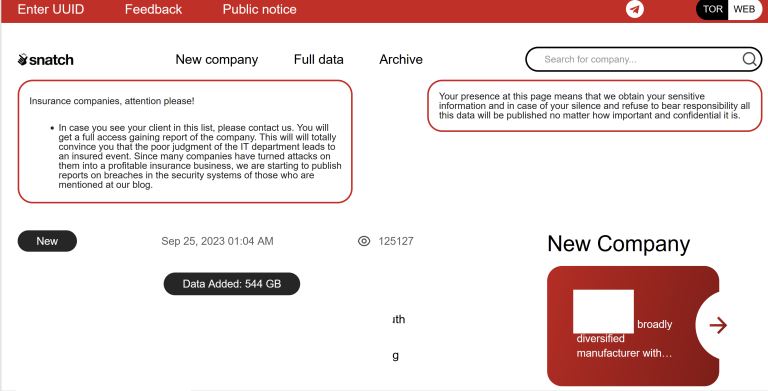Don’t Let Zombie Zoom Links Drag You Down

Credit to Author: BrianKrebs| Date: Mon, 02 Oct 2023 15:43:34 +0000
Many organizations — including quite a few Fortune 500 firms — have exposed web links that allow anyone to initiate a Zoom video conference meeting as a valid employee. These company-specific Zoom links, which include a permanent user ID number and an embedded passcode, can work indefinitely and expose an organization’s employees, customers or partners to phishing and other social engineering attacks.
Read more





